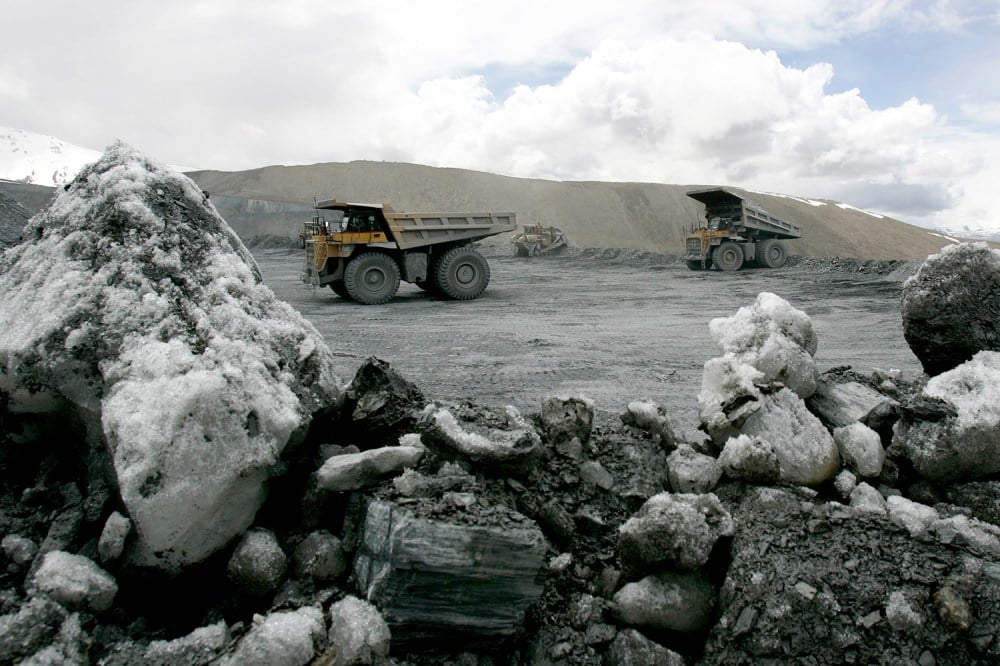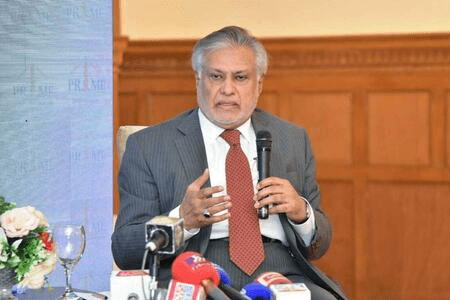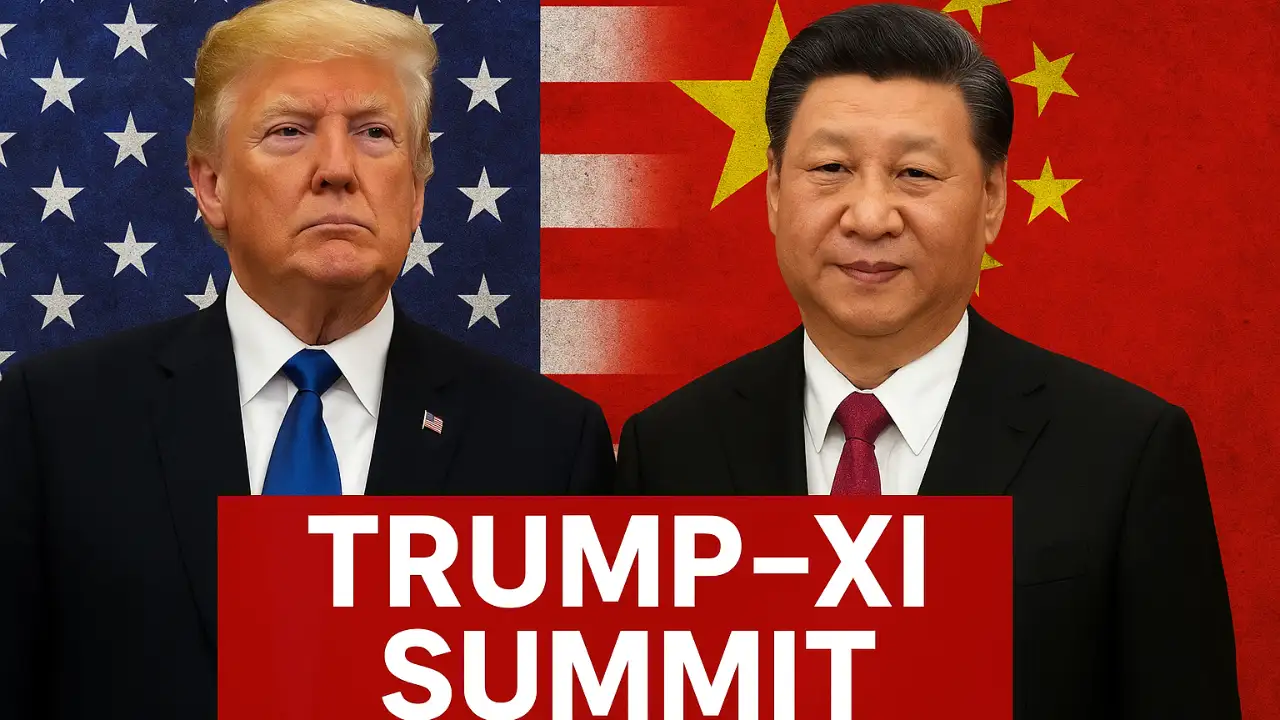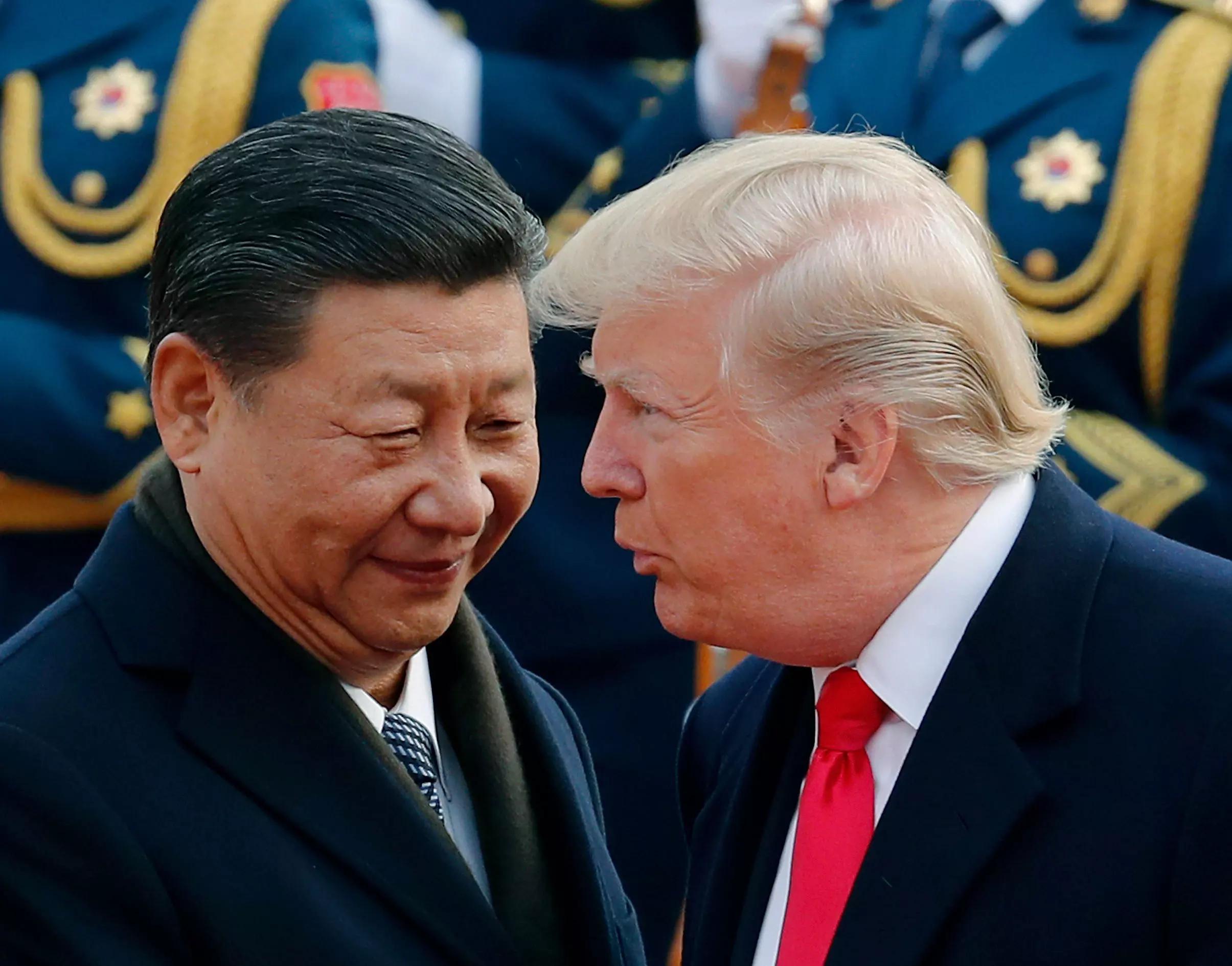Copyright Foreign Policy

Welcome back to World Brief, where we’re looking at competition over Central Asia’s critical minerals, the United States snubbing COP30, and a key state election in India. Fighting Over the C5 U.S. President Donald Trump prepared to host the leaders of five Central Asian nations at the White House on Thursday as part of Washington’s ongoing bid to bolster its sway in the mineral-rich region. But for the so-called C5—consisting of Kazakhstan, Kyrgyzstan, Tajikistan, Turkmenistan, and Uzbekistan—Thursday’s talks are about maintaining a delicate balance between seeking U.S. investments and not angering Russia and China, which have long dominated influence in the region. Thursday’s meeting will address bilateral cooperation across a host of sectors, including energy logistics, infrastructure investments, technology transfers, educational exchanges, and water-resource management. Kazakh President Kassym-Jomart Tokayev is also expected to announce during a meeting with Trump that his country will join the U.S.-brokered Abraham Accords, which will normalize Kazakhstan’s ties with Israel and mark a major win for Trump’s self-proclaimed peacemaker-in-chief credentials. At the top of the agenda, though, will be negotiations over critical minerals. China’s restrictions on rare-earth exports, some of which were paused during negotiations with the United States last week, as well as Beijing’s overwhelming monopoly on processing the vital minerals have driven Washington to seek alternative places to both procure the raw materials and process them. However, the latter can be especially challenging, in part because of the high-polluting environmental impact of minerals processing. “If you’re the United States and you want to compete, you need to find other countries without strict environmental regulations that are willing to host,” former U.S. Ambassador to Kazakhstan William Courtney told RFE/RL. Cue Central Asia, which has a wealth of oil, gas, and energy reserves and is also looking to diversify its economic and security partnerships away from Russia and China, particularly after Moscow’s full-scale invasion of Ukraine in 2022 left the former Soviet states concerned for their own safety. During the first six months of Trump’s second term, the White House signed trade deals with Central Asia worth a collective $12.4 billion. And this week, U.S. Commerce Secretary Howard Lutnick reportedly brokered talks between U.S. company Cove Kaz Capital Group and Kazakhstan’s sovereign wealth fund to develop two massive deposits in the Central Asian nation. The country has access to one of the world’s largest untapped reserves of tungsten, which is key to manufacturing weapons and ammunition. This comes on top of a slew of critical minerals deals in recent weeks that the United States signed with Australia, Japan, Malaysia, and Thailand. Still, though, competition over Central Asia remains fierce. In June, Chinese President Xi Jinping attended C5 talks in Kazakhstan to boost Central Asian involvement in Beijing’s Belt and Road Initiative. And last month, Russian President Vladimir Putin joined a C5 summit in Tajikistan to strengthen military cooperation. Even the European Union has tried to get in on the action by inking a strategic partnership during a summit in Uzbekistan in April that included an investment program worth as much as $13.8 billion. Trump, however, is hoping that Thursday’s meeting overshadows these rival efforts and instead secures closer U.S. ties with Central Asia. Yet human rights groups worry that while doing so, the White House will overlook widespread abuses that the region’s governments have been accused of committing. “This summit offers a chance—and test—for the United States to demonstrate that it can play a positive role on human rights and defy expectations that the summit will reflect a purely transactional approach to the region,” said Ben Linden, Amnesty International USA’s advocacy director for Europe and Central Asia. Today’s Most Read How to Stop the Genocide in Sudan by Mutasim Ali and Yonah Diamond How Beijing Views Trump by Ravi Agrawal France’s Failure in Mali Threatens the World by Bobby Ghosh What We’re Following A notable absence. The United Nations Climate Change Conference (COP30) kicked off its two-day leaders’ summit in Brazil on Thursday—with one notable absence. For the first time since the summit began 30 years ago, the United States did not send any top government officials to represent Washington’s interests. Such a snub represents the Trump administration’s broader disregard for green technology, clean energy, and the threats from climate change. The United States is the second-largest carbon emitter in the world after China, accounting for more than 10 percent of total global emissions, according to 2023 data. Yet under Trump, the White House has abandoned climate pledges and instead teamed up with other oil-producing nations to oppose key green legislation, such as a global plastics treaty and a worldwide fee on carbon pollution. In his U.N. General Assembly speech in September, Trump called climate change the world’s “greatest con job” and trumpeted the use of fossil fuels. Experts are unsure whether COP30 can run effectively—and enact lasting change—without the presence of one of the world’s biggest polluters. The European Union, which has one of the world’s most ambitious emissions reduction policies, has tried to portray itself as a leader in climate talks. But recent infighting and the weakening of the bloc’s own reduction target have undermined its influence and put European leaders on shaky ground to start the conference. Modi’s litmus test. Millions of people in India’s eastern Bihar state went to the polls on Thursday to begin voting in the country’s largest state election this year. The closely watched contest is expected to be a litmus test for Prime Minister Narendra Modi and his Bharatiya Janata Party, which has struggled to counter the destabilizing nature of Trump’s trade war and other geopolitical challenges. Bihar has long been characterized as India’s political bellwether, as it is the country’s poorest state and often bears the brunt of economic upheaval and social inequality. More than a third of households in Bihar live on barely more than $2 a day, according to a 2023 state survey. Since Trump launched his trade war in April, New Delhi has faced high U.S. tariffs alongside threats of sanctions on purchases of Russian oil. Adding to the country’s instability, the Indian military clashed in May with its historic rival, Pakistan, over militant attacks in Indian-administered Kashmir. Thursday’s election is expected to gauge whether voters are still satisfied with Modi’s government or if they seek a change. The second round of voting in Bihar will occur next Tuesday, and results are expected by mid-November. Lack of consent. Mexican President Claudia Sheinbaum filed a complaint on Wednesday against a man who groped her and tried to kiss her without her consent while she was walking between meetings in Mexico City the day before. According to Sheinbaum, the man appeared drunk and was intercepted by one of her staff members after he touched her. Sheinbaum, like her predecessor, travels with minimal security and is often seen wading through crowds. “If this happens to the president, where does that leave all the young women in our country?” Sheinbaum said. “No man has the right to abuse women’s personal space.” According to Mexico City Mayor Clara Brugada, the suspect was arrested overnight and is in custody at the Sex Crimes Investigation Unit. Sheinbaum also blasted local newspaper Reforma for publishing photos of the incident, calling it “revictimization” and demanding an apology. Sheinbaum, Mexico’s first woman president, has previously demanded that sexual harassment be made a “criminal offense, punishable by law.” Currently, sexual harassment is considered a crime in half of all Mexican states as well as in Mexico City. Last year, the country recorded 797 femicides, according to Statista, though many advocates say these numbers are likely undercounted. Odds and Ends



